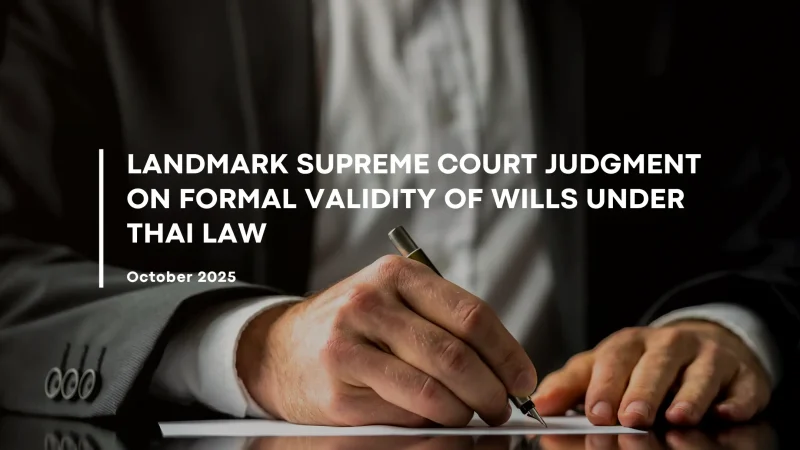Disputes are common due to delays, non-payment, or disagreements over project scope. When these disputes arise, two primary methods often considered are adjudication and arbitration. Both fall under Construction Law – Arbitration, Adjudication, CIPAA, and understanding their differences is crucial for contractors, subcontractors, and employers. This article explores the key aspects of adjudication and arbitration in construction disputes, helping stakeholders identify which method may be suitable for their circumstances.
Construction Law – Arbitration, Adjudication, CIPAA: An Overview
Construction projects involve complex contracts, large sums of money, and multiple stakeholders. To manage disputes, Construction Law – Arbitration, Adjudication, CIPAA provides structured mechanisms. Adjudication is usually a quicker method to secure temporary decisions, while arbitration is a more formal, private tribunal process. Both approaches play vital roles in ensuring construction disputes are resolved efficiently.
What Is Adjudication in Construction Law – Arbitration, Adjudication, CIPAA?
Adjudication is a dispute resolution process specifically designed for the construction sector. It allows contractors and subcontractors to secure decisions on payment-related disputes within a short timeframe. Under Construction Law – Arbitration, Adjudication, CIPAA, adjudication ensures cash flow is maintained during ongoing projects. The decision of an adjudicator is binding on an interim basis, pending further resolution through arbitration or litigation if necessary.
What Is Arbitration in Construction Law – Arbitration, Adjudication, CIPAA?
Arbitration is another process within Construction Law – Arbitration, Adjudication, CIPAA, where disputes are referred to an independent arbitrator or panel. Unlike adjudication, arbitration decisions are final and legally binding. It is often chosen for more complex disputes involving contractual interpretations, technical issues, or large financial claims. Arbitration provides confidentiality and a structured process, which many construction stakeholders prefer.
Adjudication vs Arbitration: Key Differences in Construction Law – Arbitration, Adjudication, CIPAA
When comparing adjudication and arbitration under Construction Law – Arbitration, Adjudication, CIPAA, some important differences emerge:
- Timeline: Adjudication is faster, often resolved within weeks, while arbitration can take months or even years.
- Binding Nature: Adjudication decisions are interim and may be challenged later, while arbitration awards are final and binding.
- Scope: Adjudication usually focuses on payment disputes, whereas arbitration covers a broader range of contractual issues.
- Cost: Adjudication is generally less costly compared to arbitration, though arbitration may be more suitable for complex disputes.
Why Choose Adjudication in Construction Law – Arbitration, Adjudication, CIPAA?
Adjudication offers speed and efficiency, making it an attractive option for contractors and subcontractors. It provides a way to keep projects moving while disputes are being resolved. Within Construction Law – Arbitration, Adjudication, CIPAA, adjudication is particularly useful for claims related to progress payments, variation orders, or certification disputes.
Why Choose Arbitration in Construction Law – Arbitration, Adjudication, CIPAA?
Arbitration is better suited for parties seeking a final determination of their disputes. Under Construction Law – Arbitration, Adjudication, CIPAA, arbitration is often chosen for disputes involving technical complexities or large claims. Its confidentiality also makes it appealing to companies that prefer to avoid public court proceedings.
Construction Law – Arbitration, Adjudication, CIPAA in Practice
Both adjudication and arbitration are integral to the practice of Construction Law – Arbitration, Adjudication, CIPAA. In many cases, adjudication serves as a first step to maintain cash flow, followed by arbitration if a more comprehensive settlement is required. The choice depends on the nature of the dispute, the urgency of the decision, and the contractual terms agreed upon by the parties.
Conclusion
In the world of construction, disputes are inevitable, but resolving them effectively is key to project success. Whether through adjudication or arbitration, Construction Law – Arbitration, Adjudication, CIPAA offers mechanisms that help stakeholders address disputes without disrupting progress. By understanding these processes, contractors, subcontractors, and employers can choose the most suitable method for their situation.
FAQs
What is the main difference between adjudication and arbitration?
When should I use adjudication in construction disputes?
Can adjudication decisions be overturned?
Is arbitration legally binding?
Which is cheaper: adjudication or arbitration?
Disclaimer: This article is intended to provide general information only and does not constitute legal advice. It should not be used as a substitute for professional legal consultation. We recommend seeking legal advice before making any decisions based on the information in this article. TSL Malaysia fully disclaims any responsibility for any loss or damage that may result from its reliance on this article.

